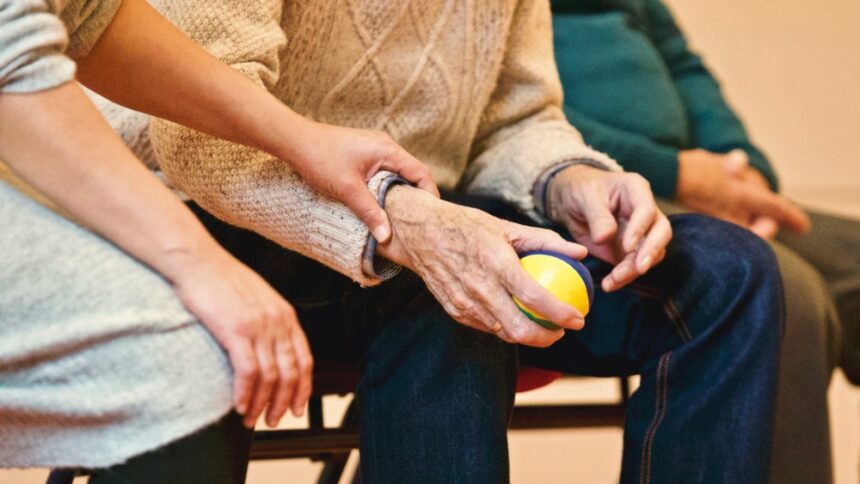Nursing homes are supposed to provide sensitive and thorough care to residents, yet often fail to meet even the most basic standards. Why is this? And why don?t more people know what?s happening behind closed doors? These are questions that demand further exploration.
4 Shocking Healthcare Problems in Nursing Homes
Nursing home abuse is, shockingly, quite common. (Approximately 10 percent of Americans over the age of 60 have experienced elder abuse in some form or fashion.) It ranges from serious physical abuse and sexual assault to less overt actions like mismanagement of medication and verbal threats. And while we do have some data on the frequency of nursing home abuse, the actual numbers are likely much higher than the reported figures (due to a lack of reporting). ?Many elderly residents of those homes are unable to communicate effectively due to physical or mental infirmities. Others may fear retaliation from nursing home staff members if they report incidents of abuse or neglect,? NursingHomeAbuseGuide.org explains. ?A pervasive sense of helplessness may force an elderly nursing home resident to rationalize or minimize any mistreatment out of a belief that there is no acceptable alternative but to reside in an abusive environment.? Elderly people who are abused face a 300 percent higher risk of death when compared to those who have not been mistreated. If you?re looking for a nursing home for yourself or a loved one, it?s imperative that you perform thorough research and find a transparent facility. And if you see any of the following problems, you should report them and run the other direction.
1. Bedsores
Physical changes and obvious signs of abuse are the first things to look for. In particular, patients with bedsores indicate a lack of neglect ? a serious charge that?s made even more difficult to spot because it typically happens behind closed doors. However, it should be noted that elderly people cut and bruise much more easily than young, healthy individuals. So be wary of jumping to conclusions without some evidence.
2. Lack of Nurses
?A busy, thin-stretched staff may be unavoidable at times, experts say. But does it always feel chaotic when you visit?,? U.S. News & World Report asks. ?Are staff working well together, or do they seem to have bad attitudes? At meals, do they talk only among themselves or do they mingle with residents? Does important information get lost between shift changes?? Take note of the presence of nurses and their demeanors. Do they seem like they?re fully engaged, or is there an overall sense of despair? You can tell a lot by examining how they treat residents (as well as one another).
3. Long-Term Oversight
Mistakes are going to be made in every nursing home (just like they?re made in every other business across America). However, there?s a difference between isolated mistakes and trends. If you notice instances of long-term oversight, there?s reason to be alarmed. Long-term oversight occurs when patients don?t get the medication they need for weeks or months at a time. It occurs when patients are consistently neglected and health issues aren?t reported in a timely fashion. It also happens when there?s a significant lack of improvements or changes over many months and years. There?s something to be said for status quo, but make sure a facility isn?t forgoing improvements at the expense of residents? quality of care. Technology changes, as do the standards of care. Nursing home facilities that don?t keep up may be bordering on abuse or neglect.
4. A Bad Aura
At the end of the day, you?ll have to be the judge of whether a nursing home facility feels safe. If your gut is telling you that something is wrong, you should probably trust it. When visiting or touring a facility, look around and make a note of the details. Do residents seem happy and engaged? Or do they have a glossy, lifeless look that?s indicative of loneliness and depression? Are the floors clean, or do they show signs of filth? Are people laughing and socializing, or is it quiet?
Sparking Positive Change
Quite frankly, any incident of nursing home abuse is appalling and unnecessary. But when you zoom out and look at the thousands of cases of abuse that happen on an annual basis, it?s nothing short of disgusting and despicable. ?If you notice any signs of abuse or neglect, report them to your nursing home ombudsman, the police, the state Department of Public Health, or an attorney who has experienced prosecuting nursing home cases,? Rosenfeld Injury Lawyers advises. It?s also important that we, collectively and individually, put pressure on state lawmakers and public health officials to make changes with how nursing home abuse is reported and prosecuted. Not only do the individual abusers need to be held responsible, but so do the facilities and their administrators. A top-down approach is necessary to defeat this growing problem.






